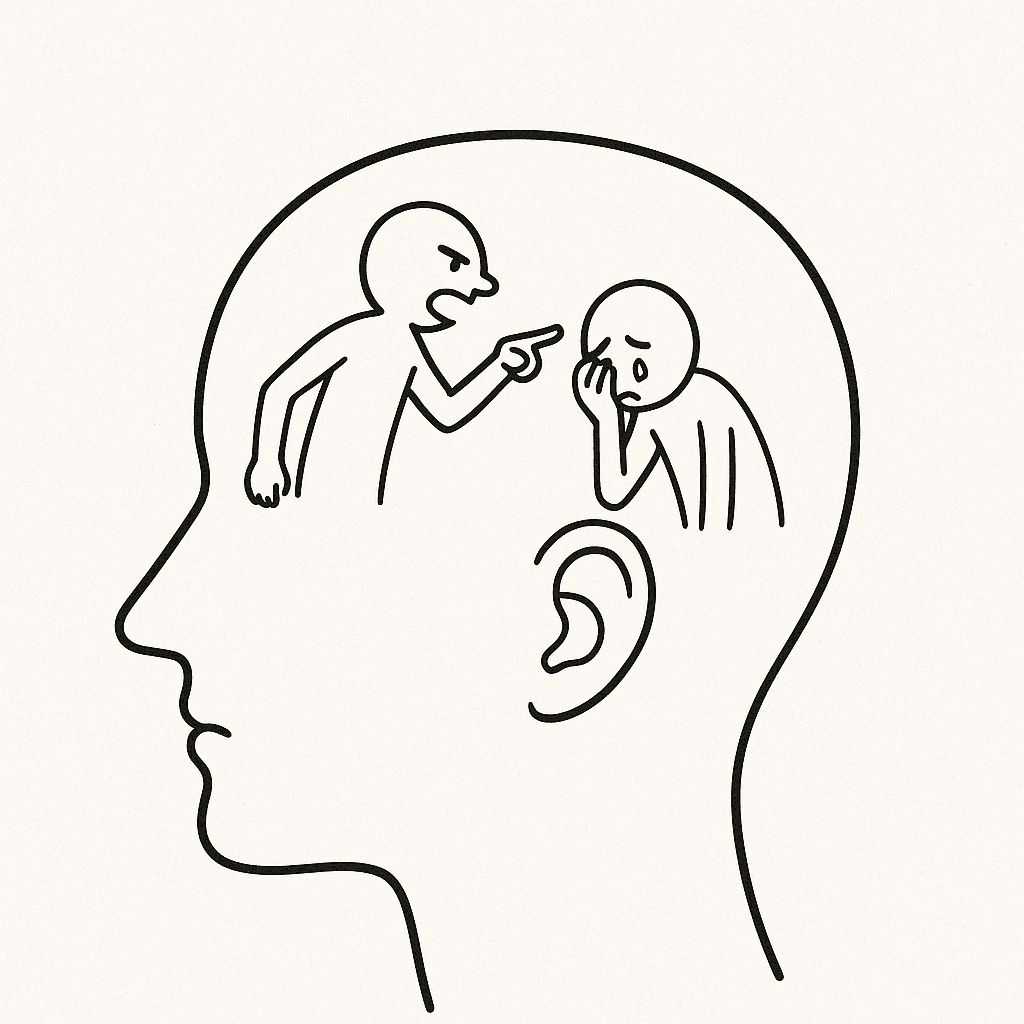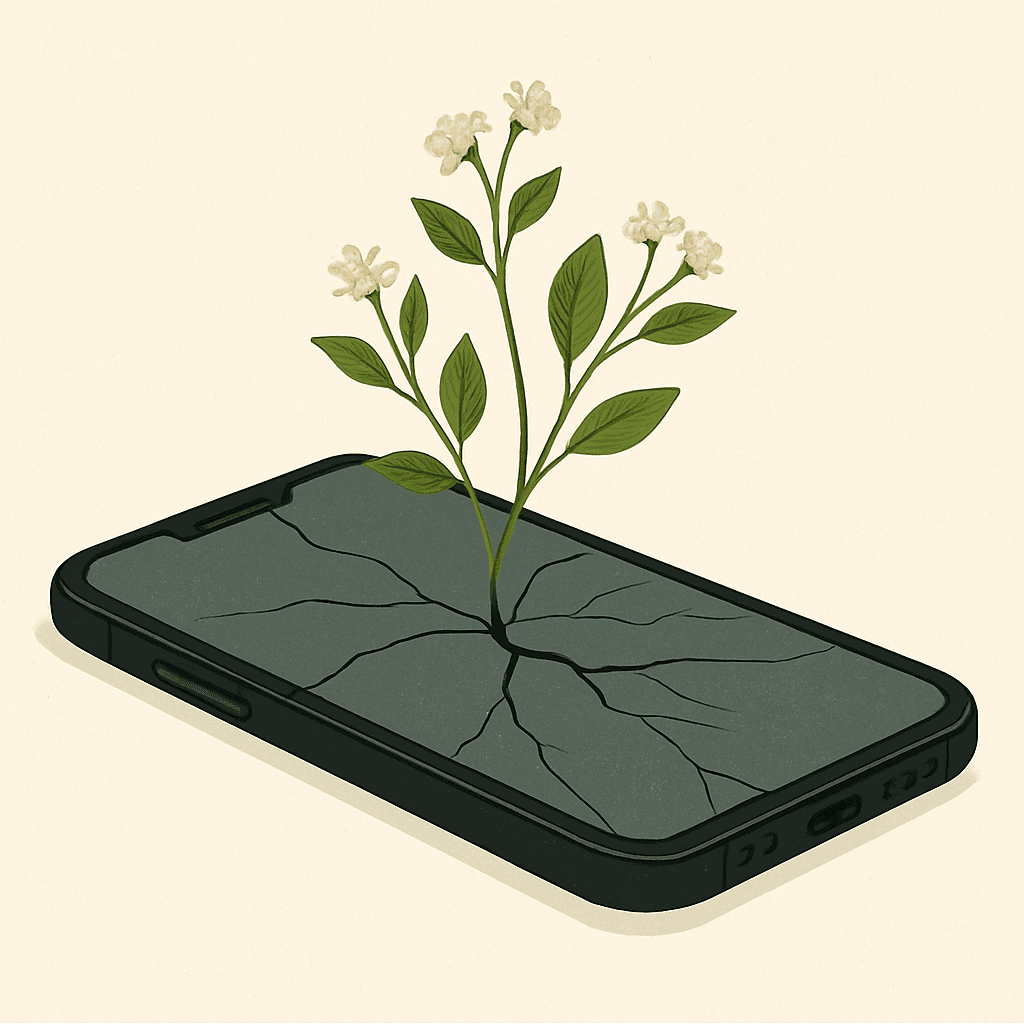In our fast-paced, technology-driven world, instant gratification is everywhere. Whether it’s through one-click purchases or the immediate validation of social media, the ability to get what we want right away has never been easier. But this constant pursuit of immediacy can leave us feeling unfulfilled and disconnected. Instead, learning to embrace anticipation and the process of waiting can lead to deeper, more lasting satisfaction. The practice of anticipation aligns with teachings from mindfulness and behavioral psychology, showing us how patience and presence can offer far more than fleeting pleasures.
The Downside of Instant Gratification
Instant gratification relies on quick rewards that release dopamine, reinforcing behaviors that give us immediate pleasure. Over time, this pattern leads to a cycle of dependency on these quick fixes, making us crave more frequent and intense experiences to feel content. This dynamic can create anxiety, restlessness, and dissatisfaction, as we are constantly seeking the next hit of pleasure rather than savoring the moment.
Dr. Steven C. Hayes, creator of Acceptance and Commitment Therapy (ACT), explains that humans often avoid discomfort by chasing short-term pleasures, which limits their ability to experience long-term satisfaction. Instead of enduring the unease that comes with waiting or working toward long-term goals, people seek the instant relief of distraction or quick rewards. Yet by doing so, they miss the opportunity for meaningful growth. Avoiding discomfort keeps us trapped in a cycle of quick fixes, while embracing discomfort—such as learning to wait—allows for a more meaningful and fulfilling life.
Anticipation as a Pathway to Fulfillment
Anticipation, on the other hand, encourages patience and allows us to savor the process of working toward something more meaningful. When we delay immediate rewards, we build resilience, deepen focus, and create a stronger emotional connection to the things that truly matter. The pleasure derived from anticipation lasts longer and is more meaningful than the fleeting satisfaction of instant gratification.
A practical skill from Russ Harris, a leading voice in ACT, is the use of mindfulness to navigate this tension between desire and fulfillment. Harris emphasizes that mindfulness—the practice of being fully present in the moment—can help us resist the urge for quick fixes and instead focus on the value of anticipation. By being mindful of our cravings for immediacy and allowing ourselves to experience the discomfort of waiting, we begin to detach from the need for constant reward. This, in turn, strengthens our capacity to live in alignment with our deeper values, rather than merely responding to the desire for instant gratification.
Being Present in the Anticipation
Eckhart Tolle teaches that the key to finding contentment is to live in the present moment rather than always striving for future rewards. When we constantly chase after instant gratification, we lose sight of the richness and depth of what is happening right now. For Tolle, anticipation doesn’t have to be a form of anxious waiting; it can be a way of grounding ourselves in the present while patiently allowing the future to unfold.
One practical skill drawn from Tolle’s teachings is learning to practice presence even in moments of anticipation. Instead of rushing through life in search of quick rewards, we can focus on the moment at hand. For example, when waiting for something exciting—whether it’s a new job, a relationship, or an upcoming trip—Tolle advises us to find peace in the present. Rather than anxiously looking ahead, we can focus on the now: the steps we are taking, the lessons we are learning, and the small moments of joy that are available to us each day.
Mindfulness and the Power of Waiting
Similarly, Thich Nhat Hanh’s teachings on mindfulness show that true happiness and fulfillment come from being fully engaged in the present, not from racing toward future pleasures. He suggests that anticipation can be a mindfulness practice when approached with full awareness. Instead of fixating on the end goal, we can enjoy each step of the journey, bringing a sense of peace and presence to our daily lives.
A practical application from Thich Nhat Hanh’s philosophy is the act of mindful breathing or walking during moments of waiting. For instance, instead of feeling frustrated while waiting in line or anticipating a future event, Nhat Hanh encourages us to focus on our breath and our surroundings. By doing so, we transform waiting from an uncomfortable state into an opportunity for mindfulness and self-reflection. This simple practice allows us to embrace anticipation in a calm and grounded way.
Anticipation and Values-Driven Living
Dr. Steven C. Hayes emphasizes that living in accordance with our values is what ultimately leads to long-term fulfillment. Rather than seeking quick rewards, we should focus on the goals and actions that align with our core values. When we take the time to pursue meaningful objectives, the anticipation of achieving them becomes a source of joy rather than anxiety.
A skill that Hayes suggests is clarifying our values in moments of decision-making. Before giving in to the desire for a quick reward, ask yourself if the action aligns with your values. For instance, if your long-term goal is to improve your health, consider whether the choice to indulge in a quick treat aligns with that goal, or if waiting for a more nutritious meal would offer greater satisfaction in the long run. By connecting our actions to our values, we cultivate a sense of anticipation that is rooted in meaning and purpose rather than mere pleasure.
Conclusion
The modern world often pulls us toward instant gratification, but the teachings of mindfulness and ACT remind us that true fulfillment comes from waiting, savoring, and being present. The skills offered by figures like Russ Harris, Eckhart Tolle, Thich Nhat Hanh, and Dr. Steven Hayes provide practical ways to embrace anticipation, resist the pull of quick rewards, and live a life of deeper purpose.
By integrating mindfulness into our moments of waiting, grounding ourselves in the present, and acting in alignment with our values, we can transform the discomfort of anticipation into a powerful source of joy and fulfillment. In doing so, we move away from the shallow pleasures of instant gratification and toward a life that is rich with meaning, patience, and true satisfaction.
Want to Learn More?
At Beyond the Couch Counseling in Grand Rapids, Michigan, several of our team members specialize in employing ACT and mindfulness techniques in their therapeutic approach. Reach out today to schedule your free consultation by clicking here. Want to learn more techniques for having a better relationship with your thoughts? Check out our post on Metacognitive Therapy for Intrusive Thoughts. Let us know your thoughts at admin@beyondthecouchcounseling.com







